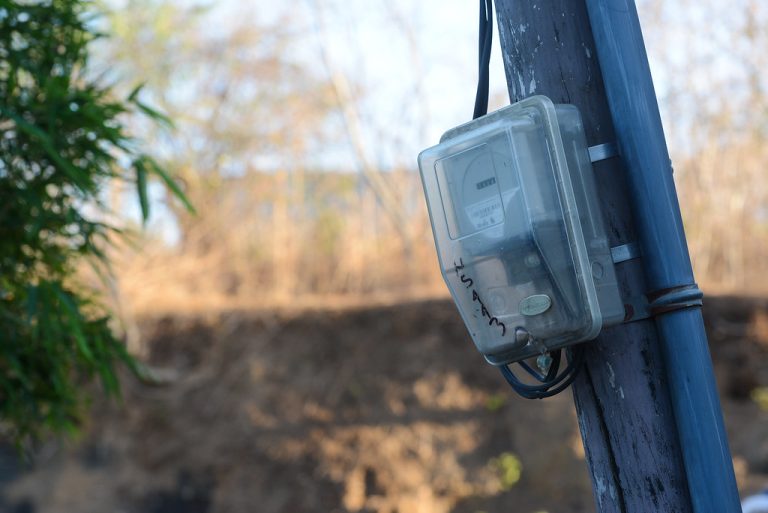12 de febrero 2020

Children of Exile: The Births “Sowing Hope” in the Camp of Nicaraguan Farmers

PUBLICIDAD 1M
PUBLICIDAD 4D
PUBLICIDAD 5D
TSK-Melfosur is leaving for fear of sanctions, since the sanctioned Nicaraguan-Venezuelan company Albanisa, still maintains total “financial control”

Generadora que costaría USD 300 millones
The Spanish consortium TSK-Melfosur International has sold its shares in the Nicaraguan energy distributing company Disnorte-Dissur, in which it was the majority shareholder. Sources close to the electric company assured that the withdrawal of the Spanish company shouldn’t affect the operations of the distributor, since Albanisa maintains total “financial control” over the company.
Sources from the energy sector explained to Confidencial that their withdrawal occurred after TSK-Melfosur reached a private agreement with the government to transfer its shares to another private company, which is the one that now “administers” the distributor, although its identity remains undisclosed.
The government officially holds 16% of the Disnorte-Dissur shares, while the rest were owned by TSK-Melfosur. The latter company had no previous involvement in the area of electricity distribution.
Gustavo Acosta Lopez, the government’s representative within the distributor, will remain at the helm of the Disnorte-Dissur administration.
Confidencial attempted without success to interview a representative of the distributor, so they could offer information on the exit of the Spanish consortium, but repeated requests made to their communications team were left unanswered.
Fear of possible sanctions
A source asserted that the withdrawal of the Spanish consortium was their response to “fears” of finding themselves involved in possible US sanctions against the energy distributing company, due to its ties with the Ortega regime.
In January 2019, the US government ordered US financial institutions and entities to suspend all negotiations with Alba of Nicaragua (Albanisa), a conglomerate that brings together all the companies born from the privatization of the Venezuelan cooperation monies, owned by the Ortega-Murillo family.
Beginning with this date, Albanisa has had problems importing oil, buying spare parts, maintaining the energy generating plants and above all receiving payments from the electricity distributing companies that – according to sources from this sector – owe them over 220 million dollars.
“The regime has problems far more complex than the departure of the Spanish company. The sanctions have damaged their energy business,” another source emphasized.
No changes on the horizon
The sources indicated that “there won’t be any changes” in the company’s functioning, since the Spanish consortium “had no real power” within the distribution company, which is “managed” by “agents” of Albanisa.
“TSK didn’t do anything. It was a company allied with the Government. They only served to give the impression that (energy) distribution was in the hands of a private company” from Europe, mentioned one of the sources.
In reality, TSK-Melfosur “isn’t a distribution company, they had no prior contact or experience with the sales or distribution of electrical energy,” he added.
Arrival in Nicaragua
At the beginning of 2013, the up-until-then little known companies under TSK and Melfosur merged into the TMI consortium, in order to negotiate the acquisition of shares in the Nicaraguan electricity generation companies. These shares were formerly held by the Natural Gas FENOSA company.
According to what was announced in February 2013, the transaction was finalized following six weeks of negotiations, in exchange for a payment of US $57.8 million dollars. In addition, the new owners assumed a commitment to absorb the company’s debts, calculated in some US $85 million dollars. The principal creditor was Albanisa, under the direction of Francisco “Chico” Lopez, treasurer of the Sandinista party and now sanctioned by the US Treasury Department.
TSK and Melfosur were companies that specialized in design and construction of electrical installations, but at the time of this transaction they had no experience in energy distribution. Nor did they have sufficient resources of their own to finance a large-scale investment. These were then provided by the all-powerful Albanisa, which in that way became judge and jury of the national electric system.
PUBLICIDAD 3M
Confidencial es un diario digital nicaragüense, de formato multimedia, fundado por Carlos F. Chamorro en junio de 1996.
PUBLICIDAD 3D